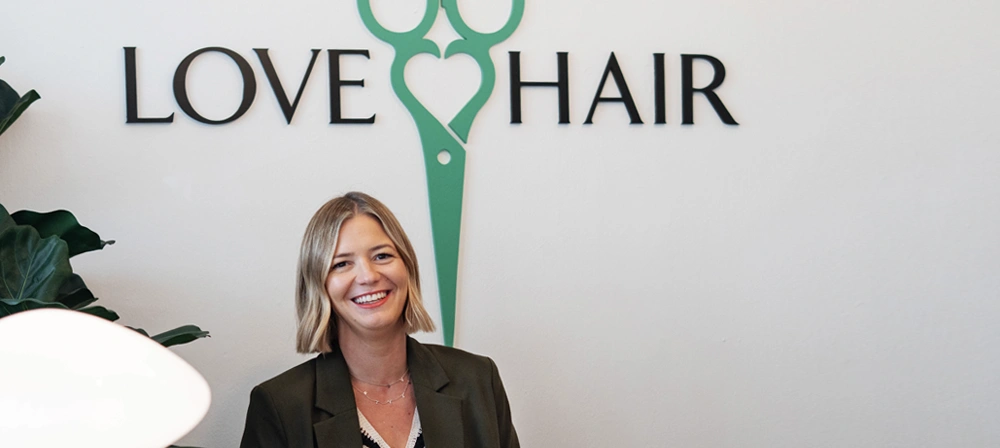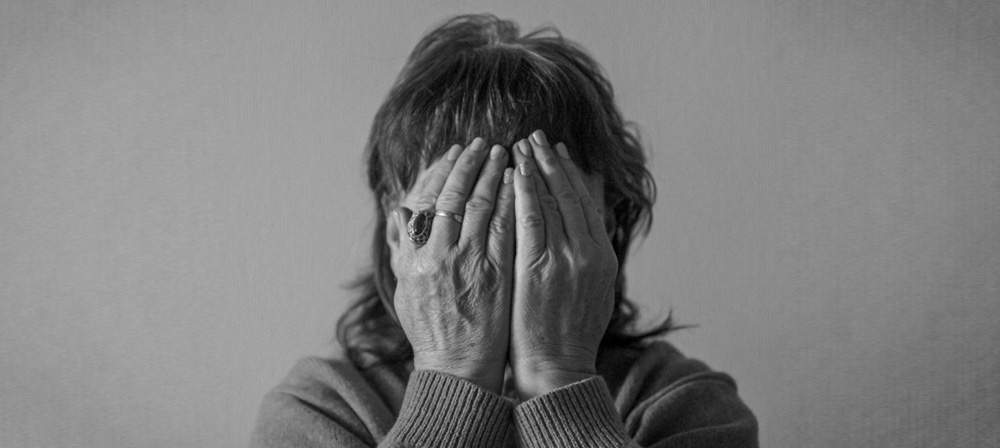
Feeling the Effects of Thinning Hair? Let’s Talk Menopause and Solutions
We often brush it off as 'just hair', but when your hair starts to behave differently during menopause, it can feel like something much deeper is shifting. It’s not simply about appearance. The way we style and care for our hair is deeply connected to how we see ourselves, how we express who we are and how confident we feel moving through the world each day.
With the rising awareness around menopause and perimenopause, more people are finally talking about what really happens during this stage of life. We’re seeing a positive shift in media and society – one that acknowledges the challenges and the possibility for empowered change. It’s no longer about putting up with the effects of the manopause or suffering in silence. And hair, though often overlooked, is very much a part of that conversation.
Why Does Hair Change During Menopause?
Hair loss in menopause is a concern that many people face, often without realising the root cause right away.
As oestrogen and progesterone levels drop, the hair growth cycle becomes disrupted. These hormones support healthy follicle activity and help keep hair in its growing (anagen) phase for longer. When levels decline, this cycle shortens, causing more hair to enter the resting (telogen) and shedding phases.
As a result, you may notice:
- Increased shedding or hair loss
- Thinning at the crown and temples
- Slower regrowth after shedding
These changes often feel sudden, even though they may develop gradually. It’s not always a full head of hair thinning, some people see changes in patches, such as around the parting or temples. This uneven loss can feel especially visible.
If you’ve seen those diagrams of the hair growth cycle, you’ll notice how the balance between growing, resting and shedding phases is key. In menopause, the shift in that balance is what makes hair feel weaker, finer or less dense over time.

The Physical Impact: Hair and Scalp
Hormonal shifts also affect the scalp. Less oestrogen means less sebum (your scalp's natural oil), which leads to:
- A dry, flaky or itchy scalp
- Sensitivity to products you’ve always used
- A feeling of tightness or irritation
Your hair itself may feel more brittle or dry, and its texture might change. Curls can loosen or disappear altogether, while previously smooth hair might develop unpredictable waves or frizz.
Why does pH matter? As the scalp's oil levels drop, its pH can shift, making it more prone to irritation. Using products that help maintain the natural pH balance – like gentle shampoos and scalp serums – is key.
If you're curious to learn more about the science behind hair structure and scalp pH, this NIH-backed study on shampoo pH levels explains why pH-balanced products are essential for maintaining healthy hair and scalp.

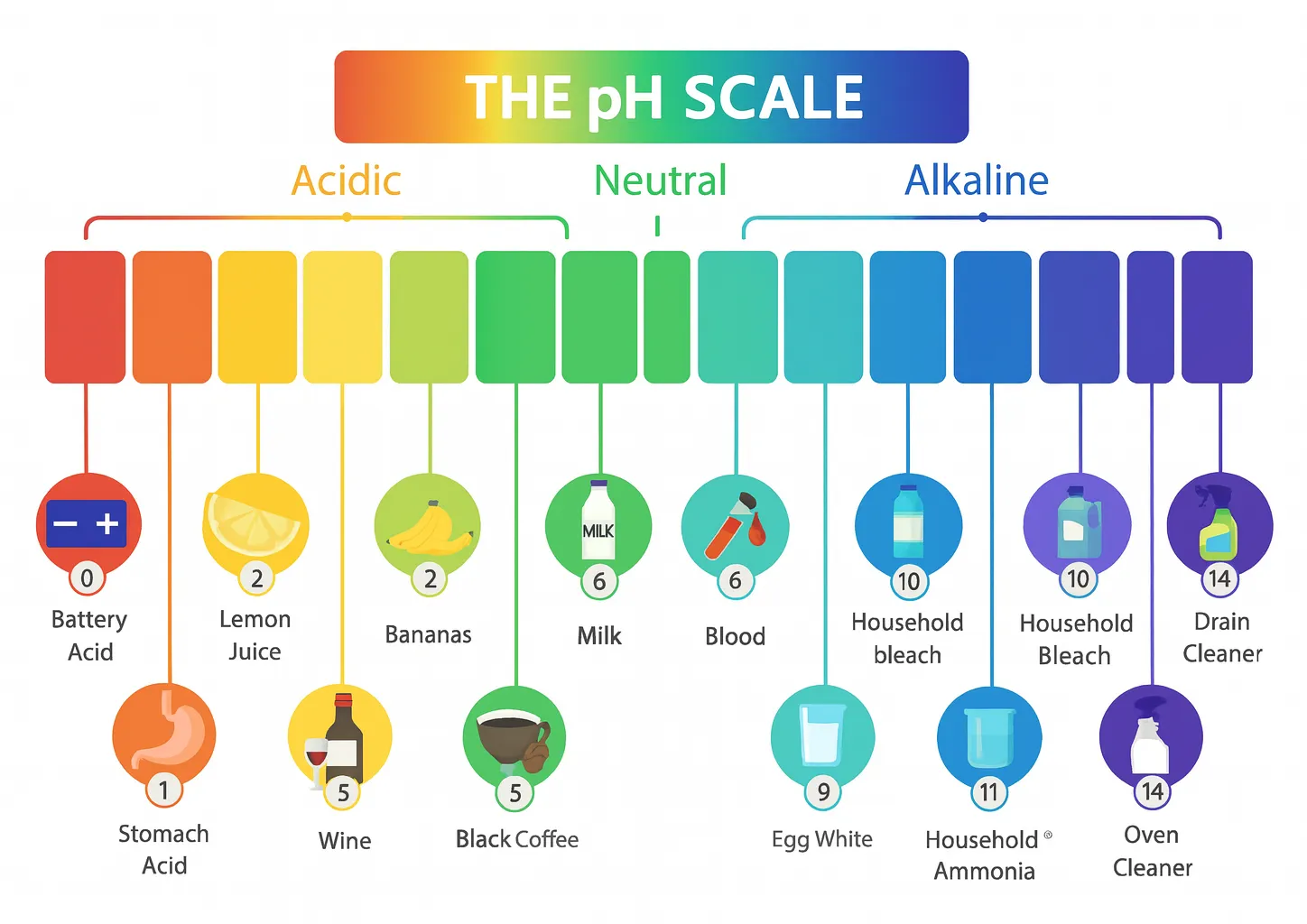
Lifestyle Matters Too
Hair loss in menopause doesn’t happen in isolation – your everyday lifestyle can influence how your hair behaves and how resilient it feels.
It’s not just hormones. We see your lifestyle – the juggling act of kids, work, family, mealtimes, gym (if there’s time) and trying to sleep enough. It’s a lot, and it can take its toll. When your body is under constant stress or when you're always running on empty, it can show up in your hair too.
Stress, poor sleep and anxiety can all contribute to thinning hair. Anxiety, in particular, can tip your hair into the shedding phase more rapidly, a condition known as telogen effluvium.
Then there’s nutrition. If you’re not eating regularly, skipping meals or running low on essentials like iron, vitamin D or protein, it can impact your hair's strength and growth. These nutrients are vital for supporting your hair from the inside out.
If you suspect your iron or vitamin D levels are low, the only way to know for sure is through a blood test. We always recommend speaking to a doctor to get a proper check-up. It’s one of the most empowering steps you can take in your hair health journey.
What You Can Do: Real Solutions
The good news is that there are more options than ever before. Haircare technology and understanding have come a long way. You don’t need to accept thinning hair as your new normal, nor are you limited only to a full wig as the only solution.
Scalp care: A healthy scalp is the foundation of healthy hair, especially during menopause when oil production drops. Prioritising scalp care helps reduce irritation and support stronger hair growth. Treatments like a scalp spa can gently exfoliate and rebalance your scalp using nourishing oils or leave-in serums. Whether done at home or in the salon, regular scalp care creates a healthier environment for your hair to grow. We recommend the Kevin Murphy Scalp Spa range for your scalp care.
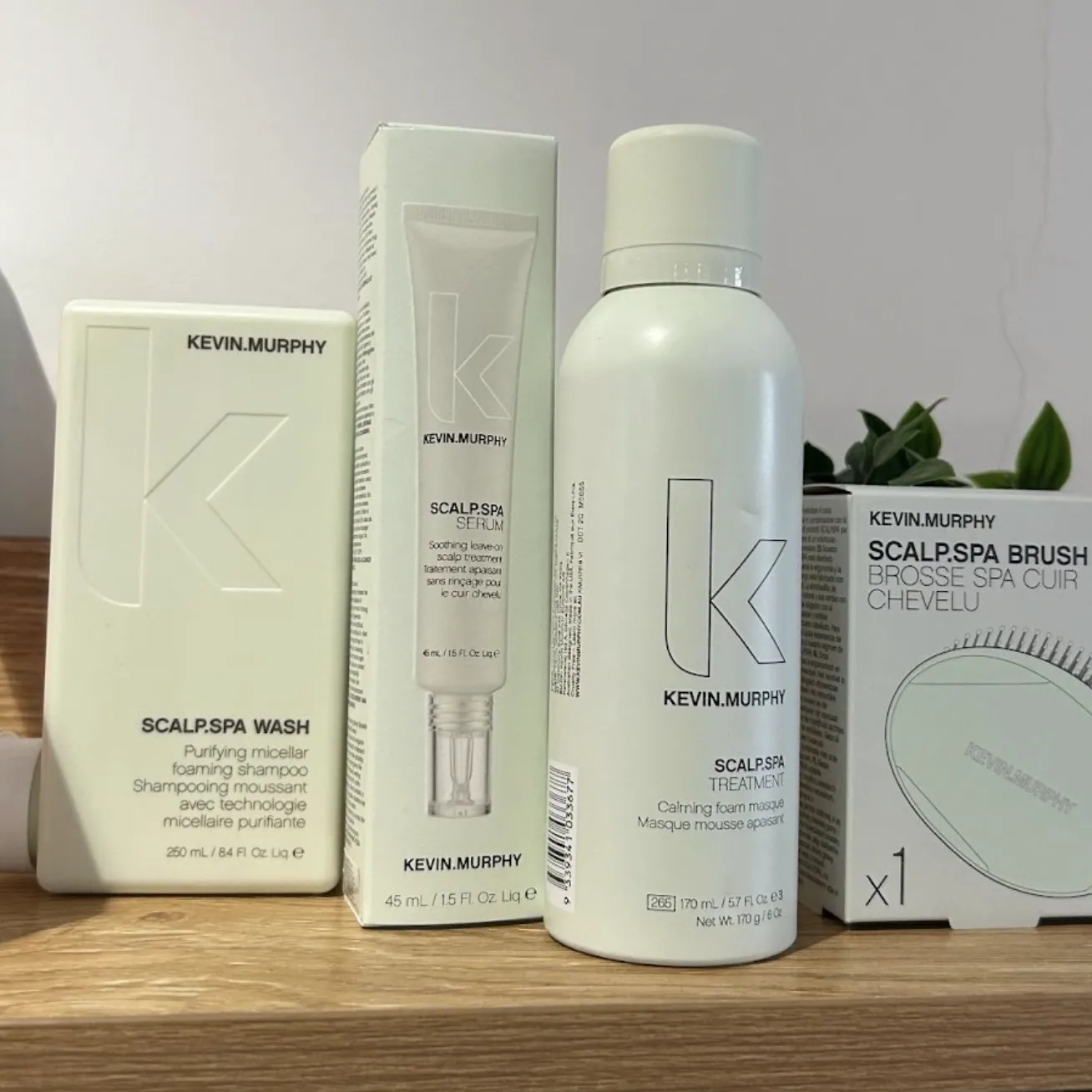
Hydration and nourishment: Look for ingredients like argan oil and shea butter. They help combat dryness and restore softness and shine.
Tailored products: Use sulphate-free, pH-balanced shampoos that are gentle on the scalp. Harsh shampoos can strip moisture and cause irritation.
Haircuts and colour: The right cut can add volume and shape. We customise each service depending on your hair length, the pattern of thinning and your desired outcome. And if you're colouring your hair, we’ll always prioritise protecting its integrity, using treatments like Olaplex and reducing the use of bleach.
Supportive styling: Heat protection is a must, we have a number of heat protectants we recommend. Use fewer hot tools or at least have rest days so your hair gets a break from the heat. And of course shielding your hair from the sun with hats or UV-protectant sprays is essential to maintain healthy hair. Shop - IN Good Hair Guardian Thermal Primer
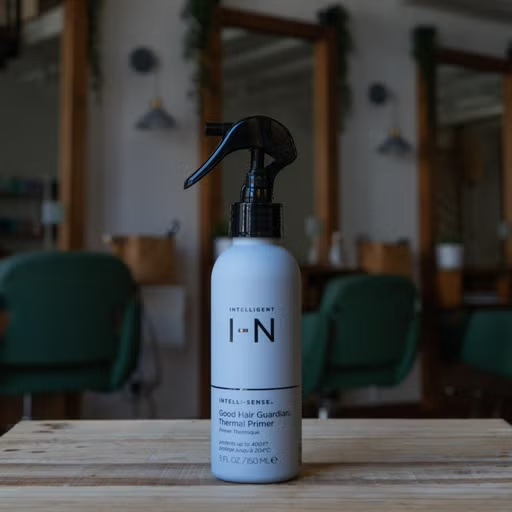
Additional enhancements: Hair toppers can be a game-changer. These aren’t bulky or uncomfortable like older styles some years ago – they’re light, breathable and custom-coloured to blend with your natural hair. There are plenty of discreet, flexible options that offer instant volume and confidence.
Professional support: A consultation with our team can help you understand where you are now and where you want to be. We look at your hair's history, your lifestyle, and your goals to create a plan that works for you.
For more ways to care for your hair between salon visits, have a look at our healthy haircare tips you can do at home.
A Fresh Perspective
You don’t have to feel stuck with thinning hair that leaves you feeling underconfident. Whether it’s changes in texture, increased shedding or hair loss in menopause, it’s important to know that you have options.
The conversation around menopause is changing and so is the haircare that supports it. From advanced scalp care to customised product plans and discreet enhancements like hair toppers, there are practical, modern solutions designed for your needs.
Whether you’re noticing small changes or facing bigger shifts in your hair, know that there are personalised approaches available. This isn’t about chasing youth. it’s about honouring where you are now, embracing your strength, and choosing what makes you feel like you again.
Ready to start? Book a consultation and let's talk about your hair, your way.


